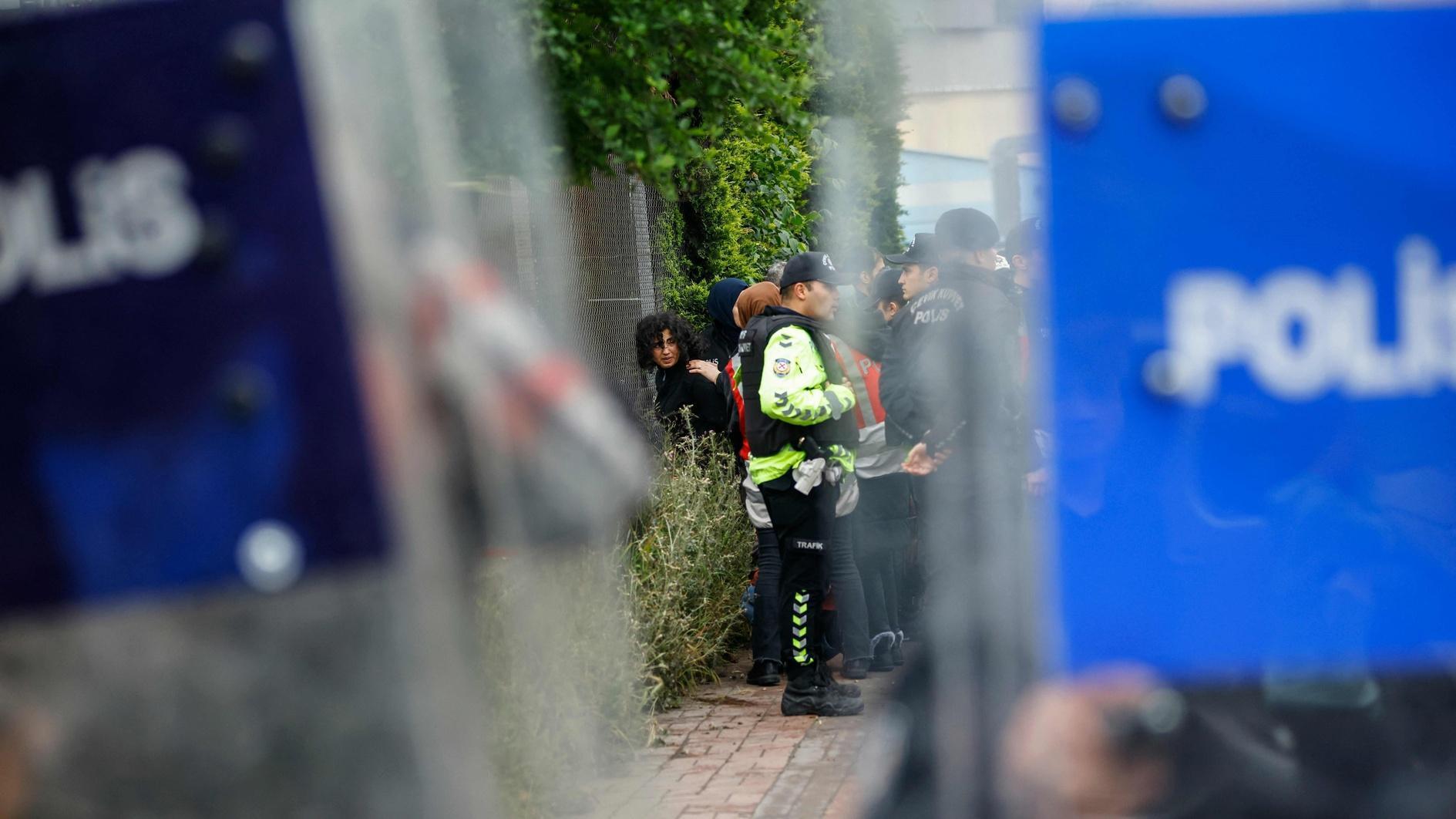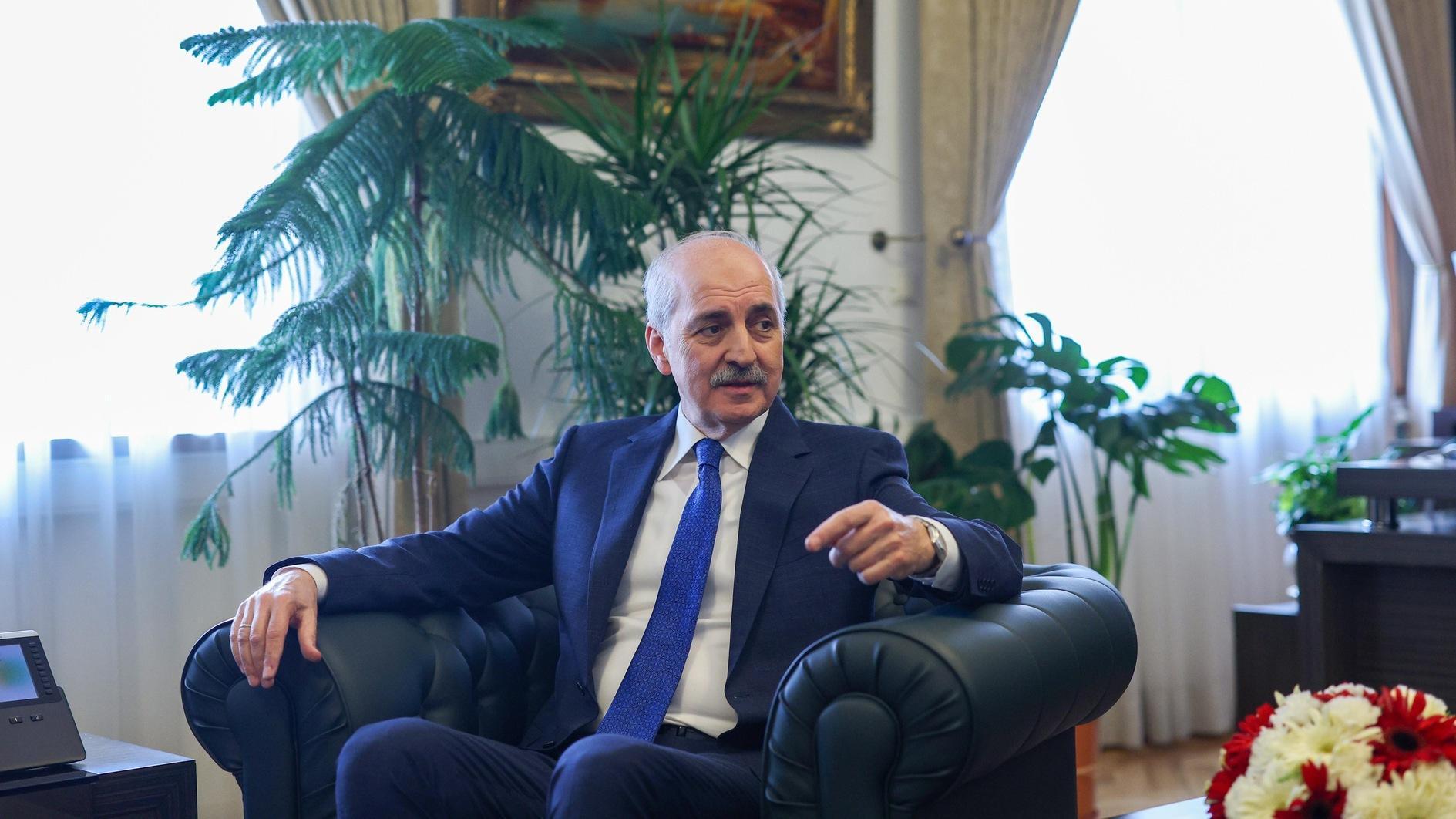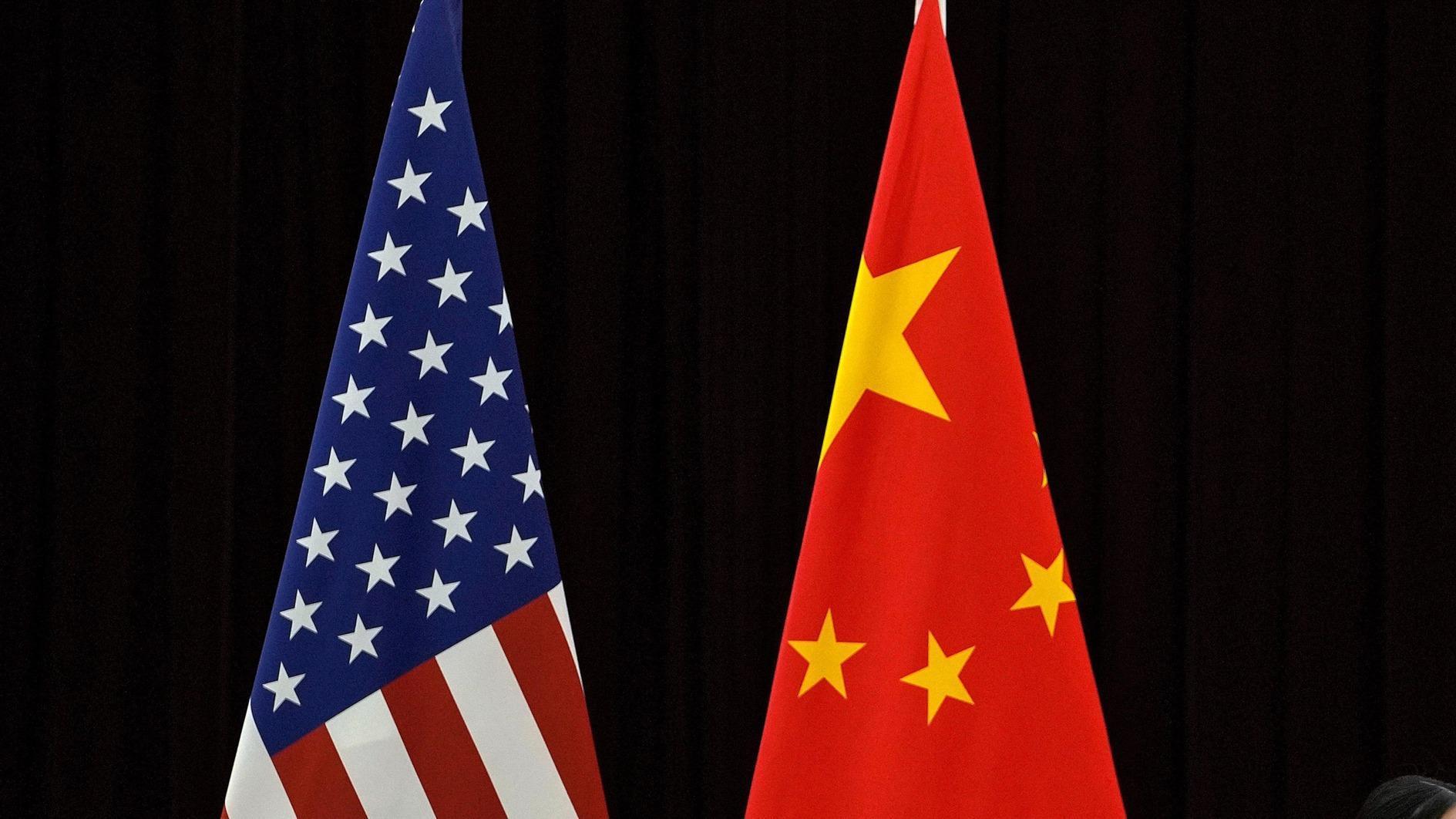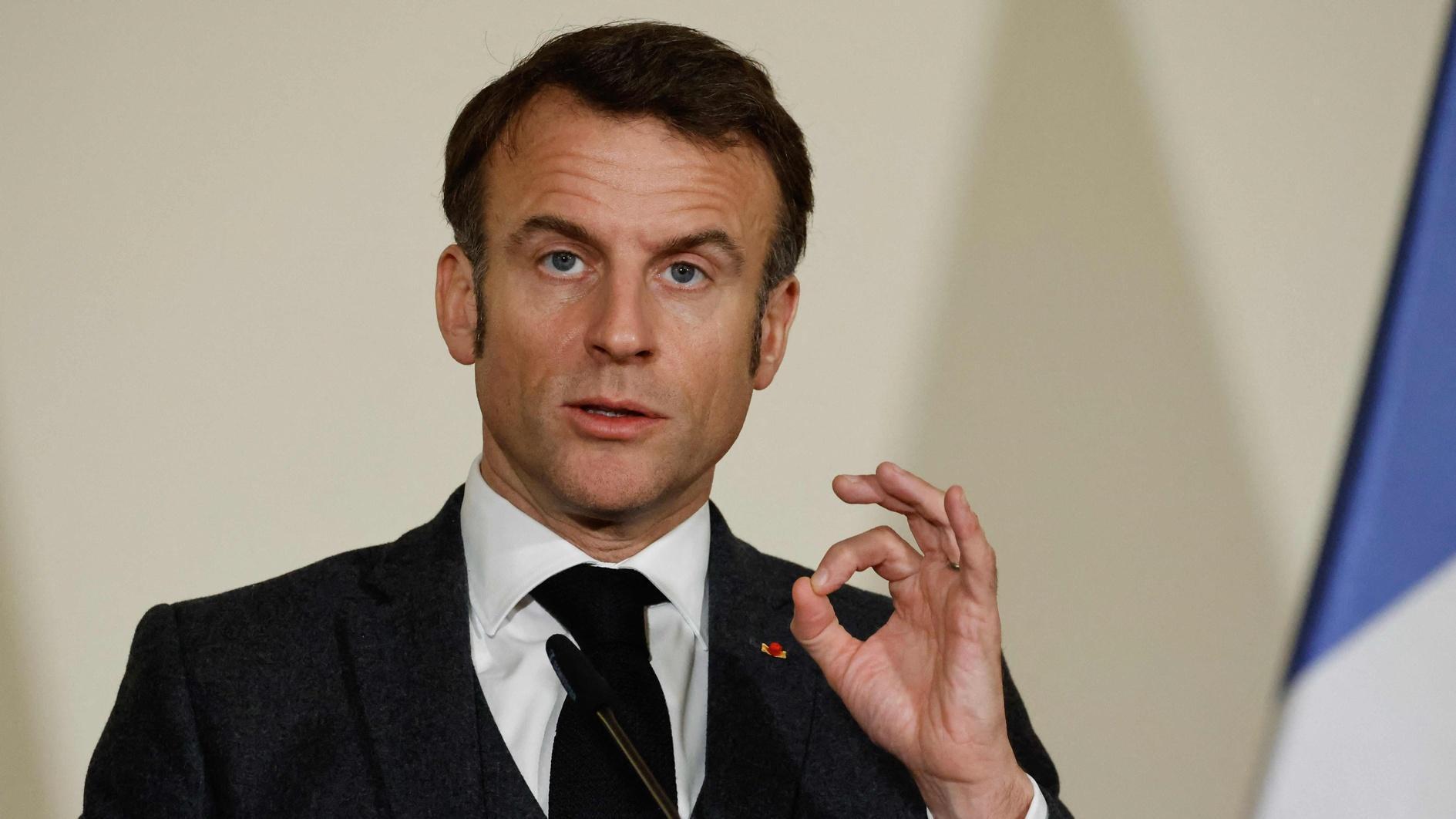A long hot winter awaits Turkey
The mortar bomb that was fired by unknown sources in Syria and which landed in Akçakale - killing a mother and her five children as well as wounding a number of other Turks - provides an ominous indication of how Ankara could be dragged into the Syrian conflict militarily. Developments over the next few days will be critical in terms of the shape the Syrian crisis will take for Turkey.
One thing is certain, however, at this stage. The Erdoğan government is caught between a rock and a hard place on this score. It has to respond to Syria, beyond the instant retaliatory response the Turkish military it is said to have shown after the mortar attack, in order not to appear weak. At the same time it has to ensure that it does not drag Turkey into a military adventure, which will clearly be unpopular among Turks, and about which’s outcome no one can be certain.
But it is not only on the Syrian front that things are heating up for Ankara. Baghdad is now demanding that a Turkish base in northern Iraq - set up in the 1990s under an accord arrived at with the Saddam administration, in order to combat Kurdistan Workers’ Party (PKK) activity - be closed.
Coming just days after Iraqi Prime Minister Nouri al-Maliki refused an invitation to attend the Justice and Development Party’s (AKP) congress on Sunday, this demand also points to a difficult time with the present Iraqi government. Should the situation with Syria take on a militarily confrontational appearance, one can assume that the tension between Ankara and the Maliki administration would also increase.
Ironically, the only secure neighbor Turkey has at the moment is Kurdish northern Iraq, with whose leadership Ankara continues to cultivate economic and security ties.
This was also demonstrated by the warm reception received by Massoud Barzani, the head of the regional Kurdish government, during the AKP congress on Sunday.
After his address to AKP delegates and supporters he left the podium amidst the crowd’s chants of “Turkey is proud of you,” a development indicating just how far Turkey’s ties with northern Iraqi Kurds have come, after years of strain and animosity.
Good relations with the Kurdish northern Iraq, however, while good for Turkey, are nevertheless proving to be a further point of aggravation in ties between Ankara and Baghdad, which has its own conflicts with the Kurds on a number of issues pertaining to sovereignty.
Meanwhile, ties with Iran continue to be strained as the rift over Syria continues. The two countries are maintaining their diametrically opposed positions on this issue. Tehran and Ankara have not given any indication that they are bridging the gap, either.
It is not hard to imagine these ties getting worse as the Syrian conflict deepens and spreads to other parts of the Middle East. As matters stand, various Iranian military officials and politicians are continuing to issue bellicose statements indicating Tehran’s determination to support the al-Assad regime in Damascus - both politically and militarily - against its enemies.
Obviously, these words are also aimed at Turkey, which in any case had already angered Iran when it agreed to host the radars for NATO’s missile defense system. The Erdoğan government continues to claim that this radar facility is not against Iran, which no one in Tehran believes, of course.
At any rate, a further indication about the state of affairs with Iran was provided when Prime Minister Erdoğan blasted the country, together with Russia and China, during Sunday’s AKP congress, for its support of al-Assad. He said, in so many words, that those who support the oppressor today will live to regret this in the future. It is very unlikely that these words went down well in Tehran.
None of this makes for a comfortable diplomatic environment for Ankara on its eastern borders, given the tension with three key neighboring countries there. Put briefly, all the indications are that Turkey is heading for a long and hot winter the actual heat of which will depend on developments on the Syrian front.











